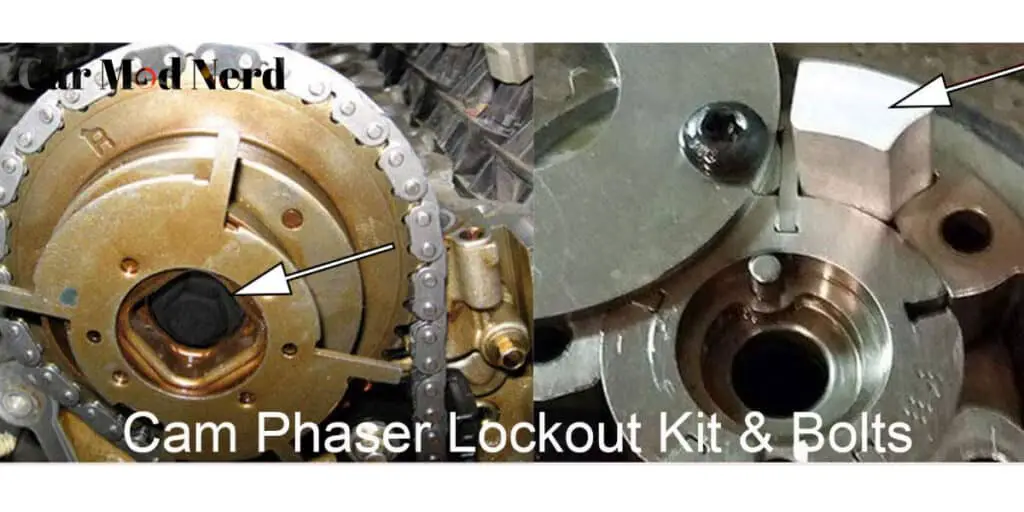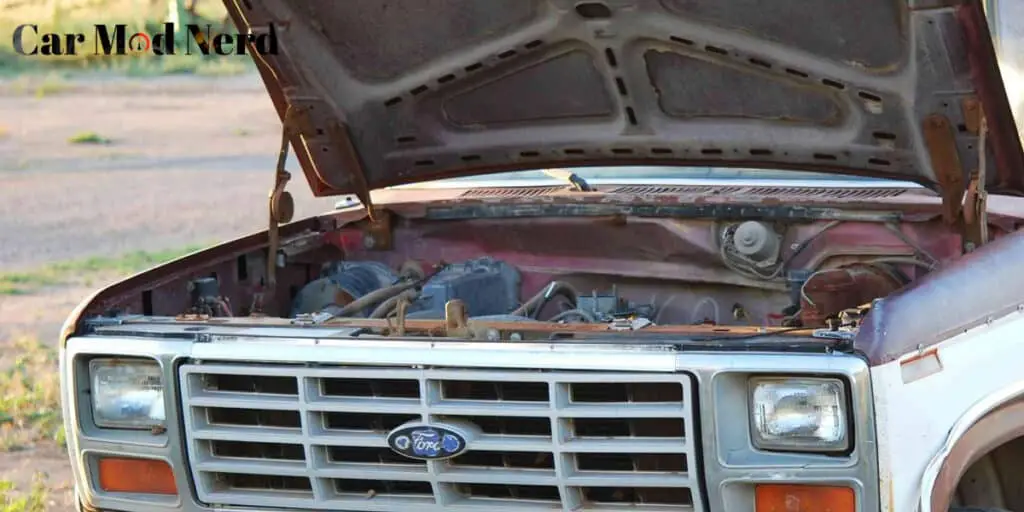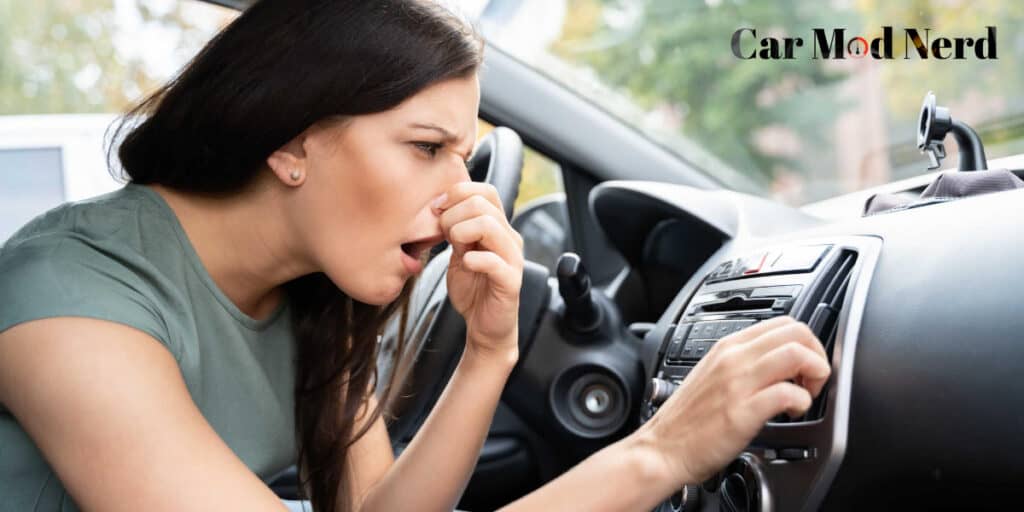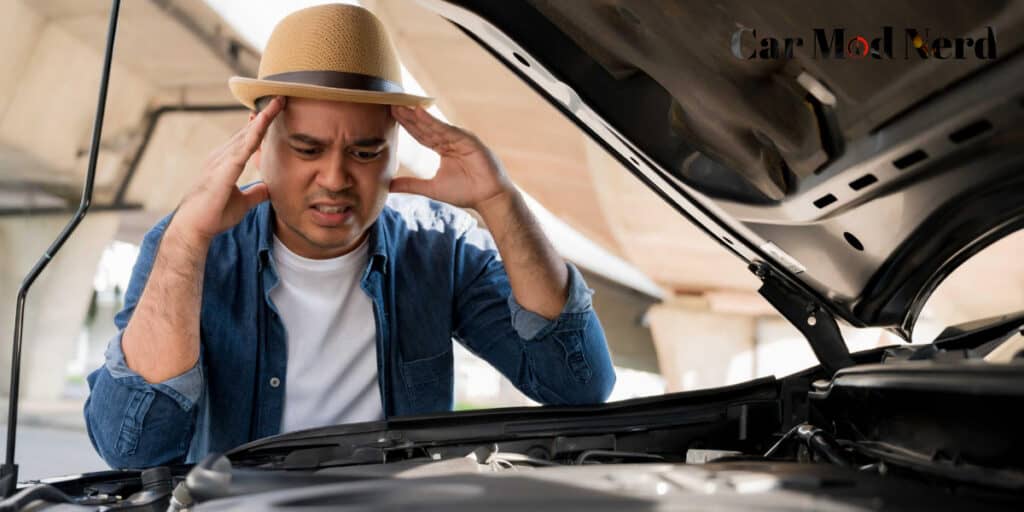If you get caught driving with a permit while supervised driving, didn’t do anything wrong, then nothing will happen. But, if you are involved in property damage, reckless driving, or violating a traffic law, you may lose your learner’s permit and driving privilege until you are 21. And your auto insurance rate will go up. That’s why you should always complete a DMV-approved driver’s education program before getting behind the wheel.
What Happens If You Get Caught Driving With A Permit
If you have someone with a valid license and above 21 years of age with you as you drive, you are legally allowed to drive.
If you were stopped and asked to pull over while unaccompanied and with a learner’s permit, consequences differ based on your state of why you were stopped. Sometimes the stops are only for minor reasons and only warrant a warning.
The penalties may differ for more severe violations if you have a learner’s permit. You may be let go with only a citation, get a fine, have a restricted permit, or in some cases, end up with a suspended/revoked permit. Your car insurance rates will also be high since the auto insurance company will deem you a high-risk client. You can always get a discount on your insurance by completing one of these DMV-approved programs.
If you are pulled over for reckless driving, for instance, property damage, traffic endangerment, etc., you may not be able to get a license until you are 21 years old.
You may also have to pay hefty fines or have to do jail time.
If asked to pull over for the same reason, while supervised driving, you will likely get a ticket that equals points. If they are too many in the long run, you may lose your permit.
You should complete your state-specific drivers’ education program before getting behind the wheel to know the traffic laws and your rights. These DMV-certified online driver ed programs are strongly recommended.
What To Do If You Get Caught Driving With A Permit
If you notice the police emergency lights, stop your car immediately and in a safe place away from traffic.
Stay in your car; if it’s nighttime, turn on the interior lights so the officer can see you.
Keep your hands in plain view and try not to make sudden movements. Always cooperate with the police officer and follow the instruction.
Wait until the officer asks for identification and license. In this case, produce your permit.
If you are following all the restrictions of your permit, i.e., you have a licensed driver with you, you should not be worried as you are legally allowed to drive.
However, if you are driving alone without supervision, you may explain to the officer. In this case, the officer may give you a citation, which you will need to sign.
Signing the citation is not admitting you are guilty, but rather an acknowledgment that you are the one receiving it and you will pay the required fine or show up in court as instructed.
It is in your best interest to cooperate and follow the officer’s instructions. If you believe you were wrongly ticketed or stopped, get a lawyer to assist you to fight the citation in court.
That’s why I recommend these DMV-approved online drivers education programs to any teen driver before getting their driving permit.
Learn the laws on can you drink non alcoholic beer while driving here.
What Happens If You Get Caught Driving Without A Permit
Even though the penalties may vary depending on your state, you will often be arrested and put in a holding cell.
Police will impound your car and run the registration plate to determine the owner.
The court will then decide your fine; you may lose your driving privilege or an additional penalty such as delay in allowing you to retake driving tests, thus making it difficult to get a permit or license. Some police officers will let you go home or call your parents to pick you up.
In California, for instance, you will get a ticket for driving without a permit. If you are under 18, you will not get a license until you are 18 years old. In most states, the DMV will revoke your permit, and you will have to wait a year or more before you can reapply.
Completing DMV certified drivers education program can be your way around in such situations.
Read can you practice driving without a permit here.
What To Do If You Get Caught Driving Without A Permit
First and foremost, if you notice the police emergency lights are on, pull over immediately, even if you do not know why they are pulling you over.
Remain in the car while the officer approaches, with your hands where he can see them. Turn on the interior lights if it is nighttime. If the officer asks for a license and registration, this is where an explanation would come in handy.
If the police ask you to pull over, and you are driving without a permit, it probably would be a good idea, to be honest with them. It is in your best interest to cooperate with the officer who pulled you over so each of you can go back to their duties. This is especially helpful if you genuinely forgot to carry your permit accidentally.
If you are willfully driving without a permit, you should be a bit worried as it is a severe violation.
It may also be in your best interest, to be honest with the officer and hope against hope that the punishment will not be too severe. In some instances, the charge might be too severe, and the best you can do is accept the penalty. Remember to stay calm, be honest, and cooperate with the officer.
Have you taken any one of the DMV-approved driver education programs? You can learn more about them here.
Learn what does SE mean on a car here.
Why driving with a learner’s Permit Is Required
The purpose of a learner’s permit is to notify the law personnel in your state that you have the authorization to drive.
If you are pulled over and produce your learners permit, your penalties may vary depending on your state. Having a learner’s permit is also essential as it shows that you are still learning how to drive but under supervision before getting the probationary license.
The permit creates a safe driving environment for all drivers on the road. You are learning how to operate a vehicle while still acclimating to traffic rules and regulations, and it may be a nightmare if you have nothing to notify fellow drivers and traffic officers that you are still learning.
Carrying your driving permit with you all the time may come in handy when the police pull you over. It can be a chargeable offense if you do not have your learners permit with you when the police officer asks you to pull over, and worse if you are unaccompanied by a licensed driver.
There are various types of learner’s permits such as a light vehicle driving permit, bus and truck learner’s permit, motorcycle learner’s permit, trailer’s permit, etc. Having your permit with you shows which kind of vehicle you are learning to operate and your permit’s restrictions.
Besides showing that you are an eligible driver, your learner’s permit can also identify in case of emergency. If you were involved in your crash, your permit will identify you and help track down your family members, so they are notified about the accident.
If you lost your wallet, it would be easy to find it if you had your permit in it. Identifying the owner and their address will be easier if there’s some identification, and your permit does that.
Take one of these state-approved driver’s education programs and learn the traffic rules to avoid bigger troubles.
Learn what does TC mean on a car here.
FAQ
Learn what does S mean on a car here.
Be careful while driving with a learner’s permit because if you get caught for reckless driving, property damage, or violating traffic laws while driving with a permit things can go south. You may lose your permit, need to wait a couple of years before you can reapply and your auto insurance will go expensive. That’s why participating in a DMV certified driver’s education program is strongly recommended for any new and teen driver.




